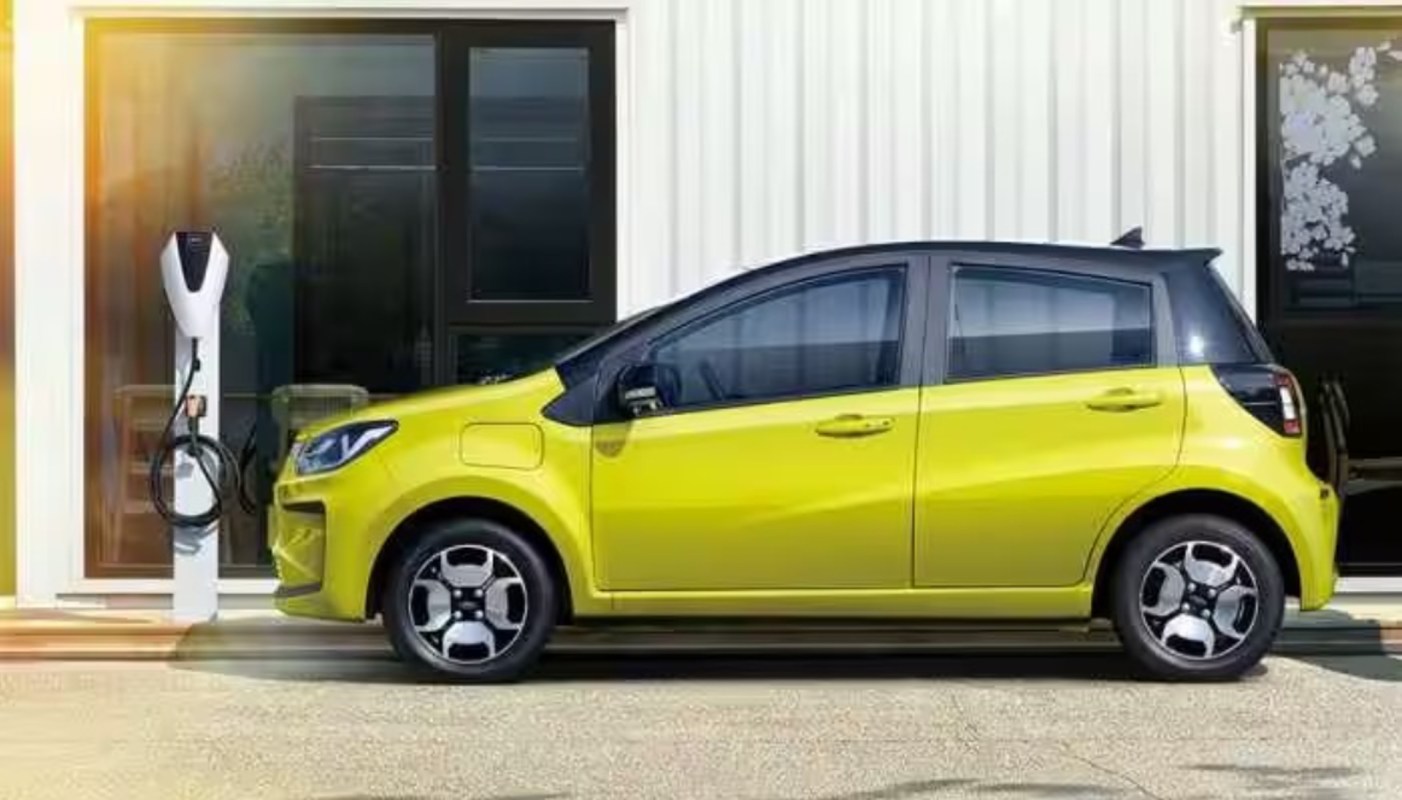Here's some battery news from China that won't raise your blood pressure.
A breakthrough sodium-powered car has been developed by China's JAC Motors in partnership with Volkswagen — reportedly the first of its kind.
If the tech takes off, the innovation could provide us with a cheaper, safer, and easier-to-make alternative to lithium-ion packs, per a press release from JAC. It's in contrast to other battery news coming from China about graphite export rules the government is implementing, causing angst about the supply chain.
The sodium innovations should be welcome news.
"The future of electric vehicles looks promising with the introduction of more affordable and sustainable battery technology," JAC Motors South Africa CEO Karl-Heinz Göbel said in a press release.
The sodium tech is being proven on a smaller scale in China's electric scooter market. The South China Morning Post reports that manufacturers are planning to switch to sodium, in part to combat rising costs of traditional, hard-to-gather lithium.
"Battery costs are rising, and vehicle prices are rising," Li Yan, CEO of China scooter maker Niu, said in the Post's story. As a result, Niu plans to release a sodium-ion scooter this year.
Sodium, present on almost every dinner table in America as part of common table salt, is the sixth-most abundant element on Earth, according to the National Library of Medicine. Lithium often requires invasive mining to harvest. However, new innovations to gather it are being developed, as well.
The Post notes that when used in battery chemistry, sodium can enable power packs to operate in very cold (minus-22 degrees Fahrenheit) temperatures. The newer tech is also touted in the story as lasting for 3,000 cycles, compared to lithium's 500. That would be a huge improvement from previous sodium models, per a comparison published on LinkedIn.
Sodium batteries typically haven't been able to store as much energy as their lithium-ion counterparts because the sodium ions are larger, causing the packs to weigh more, per the Post. The ions (sodium or lithium) travel back and forth between the anode and cathode during the charge/discharge process.
TCD Picks » Upway Spotlight

But the Post reports that Chinese experts have had success improving the energy density, while keeping the weight down, too.
"Second- and third-generation solid-state sodium-ion batteries will have higher cell energy density and life cycle," Cui Guanglei, an expert from the Qingdao Institute of Bioenergy and Bioprocess Technology, said in the Post story.
JAC's sodium-battery EV can travel 155 miles on a charge, per the company. The tech comes with better charging speed, a longer lifespan, and "[it] can be recharged more times without degradation," per the JAC report.
"With the development of new battery technology, EV pricing will become more competitive, giving more car buyers access to new-energy vehicles," Göbel said in the press release.
Join our free newsletter for weekly updates on the coolest innovations improving our lives and saving our planet.














